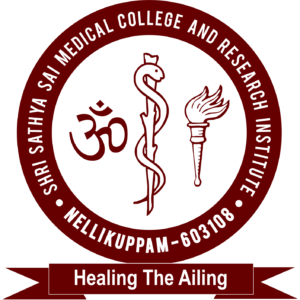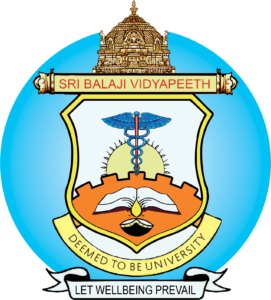Faculty of Medicine
Postgraduate Program
Entry Requirement for PG
- Applicants should have passed their M.B.B.S from an institution recognized by the Medical Council of India (MCI). They should also be in possession of permanent registration of the Medical Council of India and must be completing their internship by 30th March of each year.
- Applicants should have become eligible in the National Eligibility cum Entrance Test Exams
MD/MS
The goal of postgraduate medical education shall be to produce competent specialists and /or Medical teachers
- who shall recognize the health needs of the community, and carry out professional obligations ethically and in keeping with the objectives of the national health policy;
- who shall have mastered most of the competencies, pertaining to the speciality, that are required to be practiced at the secondary and the tertiary levels of the health care delivery system;
- who shall be aware of the contemporary advances and developments in the discipline concerned;
- who shall have acquired a spirit of scientific inquiry and is oriented to the principles of research methodology and epidemiology; and
- who shall have acquired the basic skills in teaching of the medical and paramedical professionals.
Postgraduate students have been exposed to unique Competency Based Learning and Training Model (COBALT) for setting up a high standard of Post Graduate Medical Education in the country and to ensure training of postgraduates who can function independently as specialists, researchers or medical teachers when they complete their course. The following PG Courses are being offered at SSSMCRI
- MD – Pathology – Click Here
- MD – Microbiology – Click Here
- MD – Forensic Medicine – Click Here
- MD – Community Medicine – Click Here
- MS – ENT – Click Here
- MS – Ophthalmology – Click Here
- MS – General Surgery – Click Here
- MD – General Medicine – Click Here
- MD – Paediatrics – Click Here
- MD – Dermatology – Click Here
- MD – Radiodiagnosis – Click Here
- MD – Anaesthesia – Click Here
- MS – Obstetrics & Gynecology – Click Here
- MS – Orthopaedics – Click Here
Period of Training: The period of training for obtaining these degrees shall be three completed years including the period of examination. Provided that in the case of students possessing a recognized two year postgraduate diploma course in the same subject, the period of training, including the period of examination, shall be two years. To be eligible for this, the candidate must make an application to the university along with the diploma certificate in original. The period of training for obtaining these degrees shall be three completed years including the examination period.
The major components of the Postgraduate curriculum shall be:
- Theoretical knowledge
- Practical and clinical skills
- Attitudes including communication skills.
- Dissertation and
- Training in research methodology.
Information Brochure
SBV forges ahead in Post Graduate medical education, with the incorporation of the Competency Based Learning and Training Model (CoBaLT) into our post graduate training programmes. It is responsible for setting up of high professional standards of learning and training and ensures training of postgraduates who, can function independently as specialists, researchers and teachers, in the Medical Fraternity, by the end of their course.
This academic model represents a progressive step by the university, with focused ideals towards achieving our Mission, Vision and goals to accommodate for the prevailing needs of our Nation.
CoBaLT (Key words)
Competency
“Competence is defined as the habitual and judicious use of communication, knowledge, technical skills, clinical reasoning, emotions, values, and reflection in daily practice for the benefit of the individuals and communities being served.”- Epstein RM, Hundert EM. Defining and assessing professional competence. JAMA 2002; 287:226-35.


